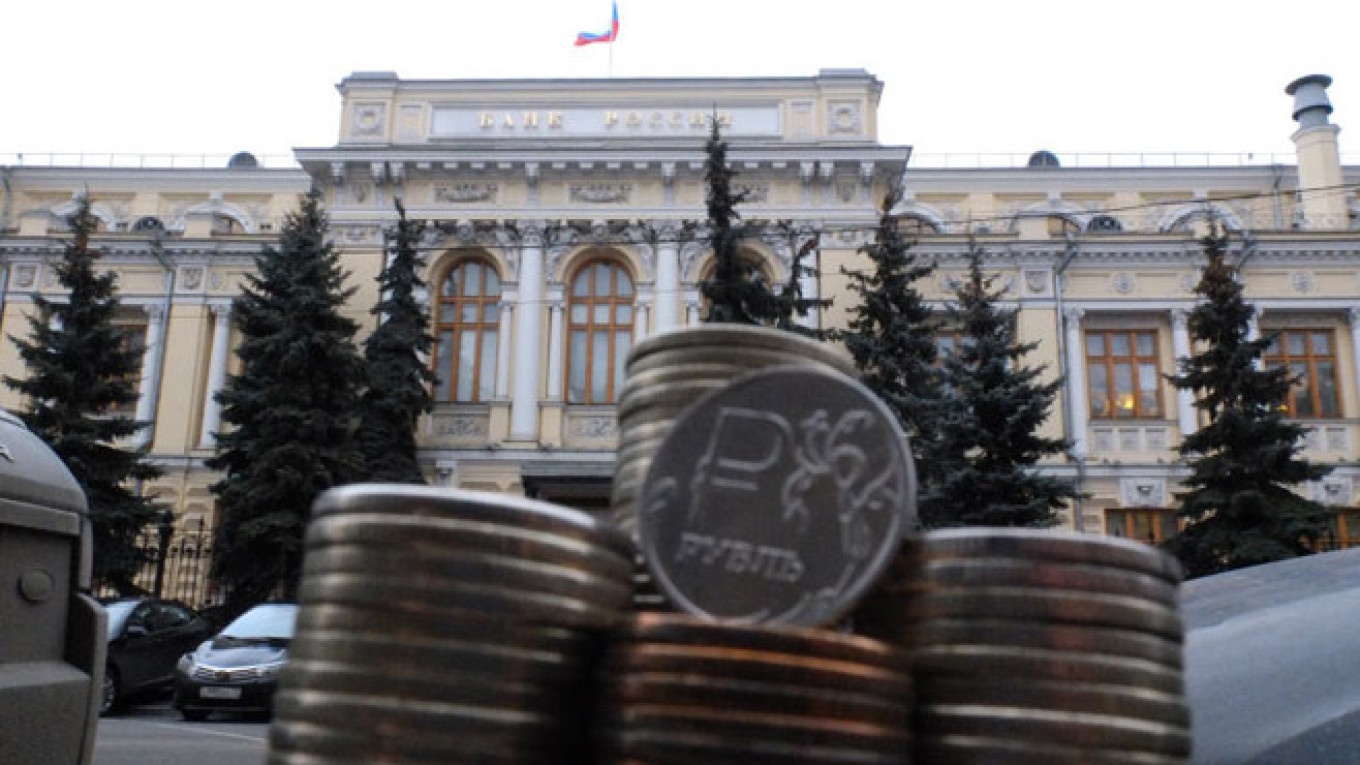The ruble price of the dollar rose by more than 20 percent on Dec. 15-16, 2014, and now that the currency markets have calmed down a bit, the dollar costs about twice as much as it did one year ago. However, this relative calm has come at a very high price.
The devaluation of the ruble has already led to a sharp rise in the cost of imports and an immediate drop in living standards. Also, the Central Bank's decision to raise the key interest rate guarantees that, unless a miracle occurs on the world oil market, Russia will experience a serious decline in industry and all other sectors of the economy, and measures aimed at preventing a run on the banks will only cause new losses for the banking sector.
Anyone thinking that the worst is over is sadly mistaken: The crisis is essentially just beginning and the credibility of the authorities — at least in terms of economic matters — is already very low.
How does the current crisis differ from others? This crisis was entirely predictable, and in recent years economics commentators have described both its short- and long-term elements. The fact that very few people managed to predict the exact timing of the most serious phase of the crisis does not change the fact that any good prediction correctly describes not only the consequences of the crisis — currency devaluation, higher prices, declines in manufacturing and living standards — but also the mechanism by which they occur.
Many, if not all, clear-thinking economists, warned that the economic course the authorities locked into place following the acute phase of the previous crisis would not only fail to resolve the long-term problems of the Russian economy, but would actually intensify them. This includes large-scale nationalization, the increased degree of "manual control" over the economy, deeply ingrained and widespread corruption, the use of energy resources as a foreign policy tool, increased spending on the government bureaucracy and intelligence agencies and the decline in judicial independence.
The mechanism by which each of those elements operates is clear. It is no surprise that the quarterly economic growth rate has declined since spring 2012 and would have bottomed out in 2014 even without any "short-term" factors. The situation is even worse than it might seem: The modest growth of recent quarters was only maintained by increased spending on the construction of energy pipelines and modernizing the military. Now the Russian economy is facing the very same problems the Soviet Union faced just before it collapsed.
Of course, it would have been difficult for anyone to predict the short-term factors contributing to the current crisis — namely, the conflict in Ukraine that led to sanctions by Russia's leading trading partners and Moscow's ill-conceived retaliatory measures that only deepened the losses, primarily among the country's poorest and most vulnerable citizens.
However, events have proven that most economists properly predicted the consequences of these various factors and were correct in arguing that any country with the economic might and potential that Russia has simply cannot afford the luxury of pursuing an aggressive foreign policy. As it turns out, the price tag for such a policy is too high, and with the crisis only beginning, the size of the final bill remains anybody's guess.
Konstantin Sonin, a columnist for Vedomosti, is professor of economics and vice rector at the Higher School of Economics in Moscow.
A Message from The Moscow Times:
Dear readers,
We are facing unprecedented challenges. Russia's Prosecutor General's Office has designated The Moscow Times as an "undesirable" organization, criminalizing our work and putting our staff at risk of prosecution. This follows our earlier unjust labeling as a "foreign agent."
These actions are direct attempts to silence independent journalism in Russia. The authorities claim our work "discredits the decisions of the Russian leadership." We see things differently: we strive to provide accurate, unbiased reporting on Russia.
We, the journalists of The Moscow Times, refuse to be silenced. But to continue our work, we need your help.
Your support, no matter how small, makes a world of difference. If you can, please support us monthly starting from just $2. It's quick to set up, and every contribution makes a significant impact.
By supporting The Moscow Times, you're defending open, independent journalism in the face of repression. Thank you for standing with us.
Remind me later.






